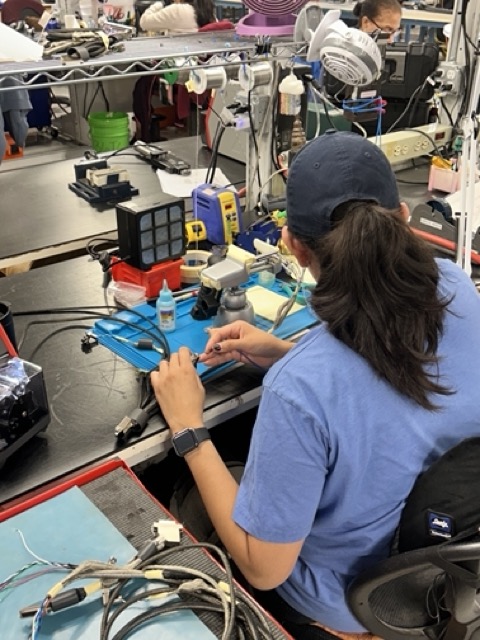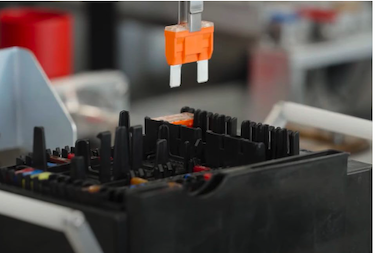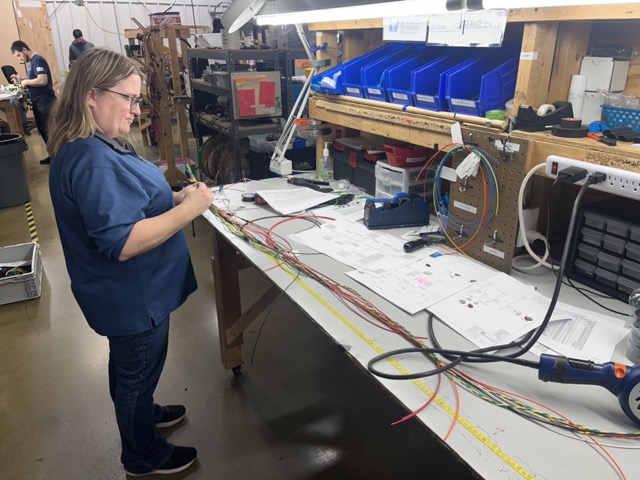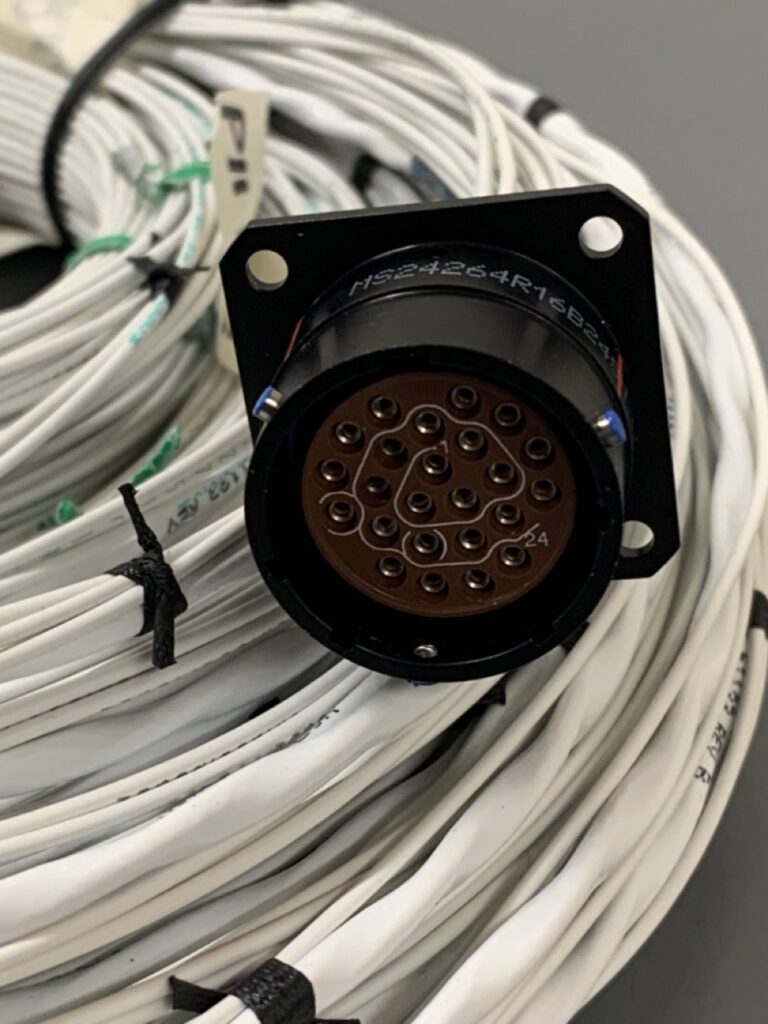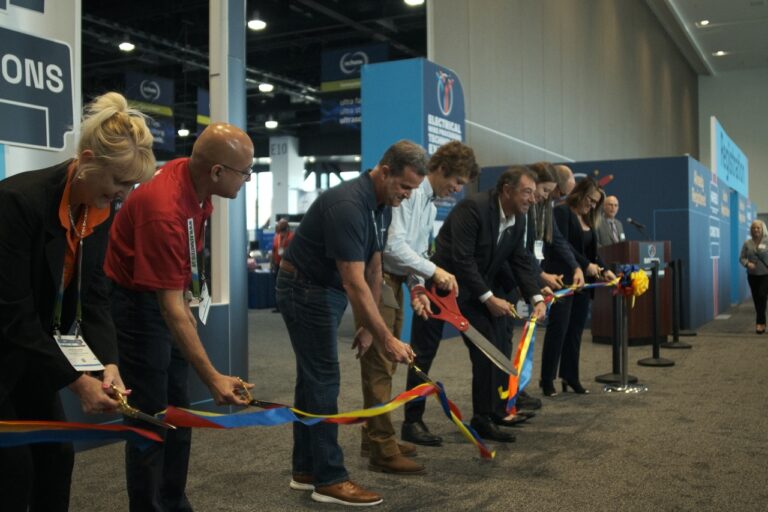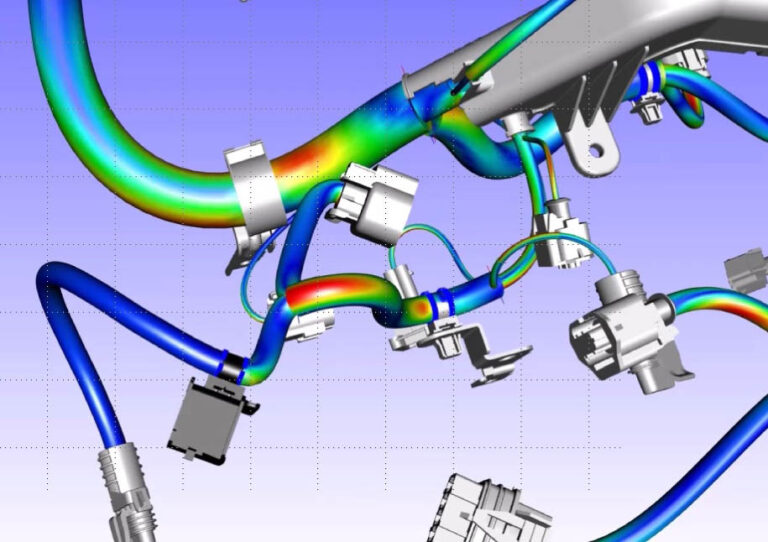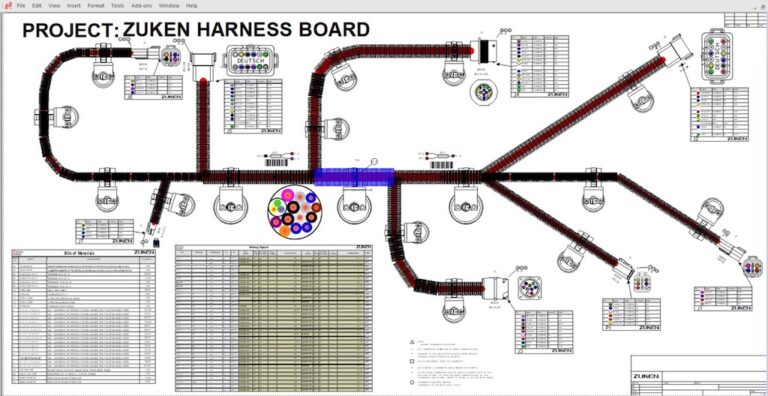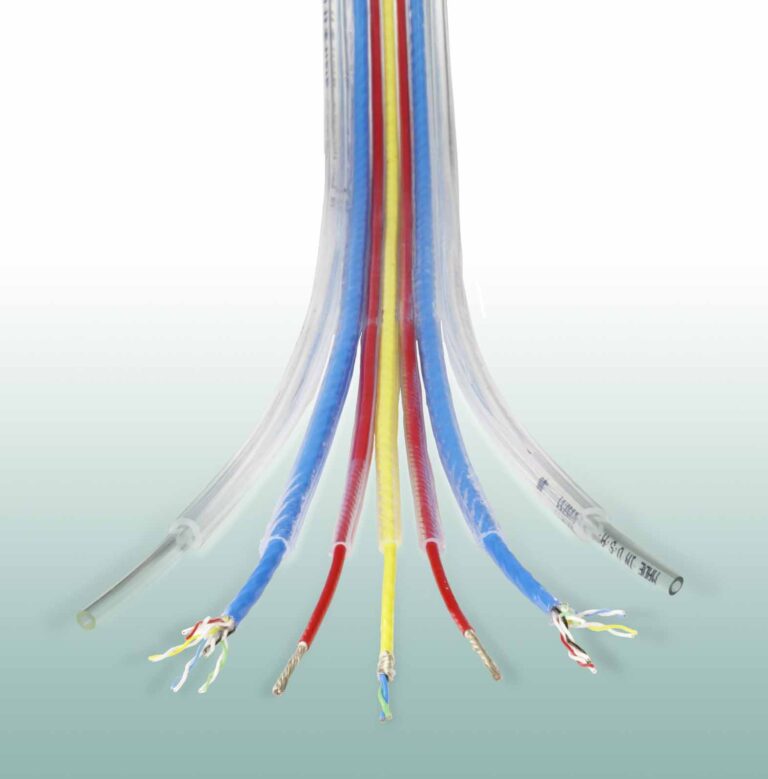Finishing Well
By Paul Hogendoorn
What does it mean to “finish well,” and how important is it to do so? That’s a question I have thought about from time to time over the last dozen years, but more so the last few months having made the decision to transition from an active leadership role in a business I co-founded eight years ago to a role far less active or involved, and still largely undetermined (but that specific conversation would be more about “beginnings” and starting next chapters, while this column is all about finishing well). A few months ago, I identified June 30 as the finish date, with the goal of channeling my efforts towards finishing well.
Throughout our careers, we do not get much practice “finishing well.” We get far more practice starting new projects. We conceive more ideas and projects in our minds than we get the chance or opportunity to start; we start many projects that iterate so much that when they end, they don’t seem at all like the project we started. And many of the projects we start stall at some point along the way, or get pushed out so often they simply peter out, or just blend into our daily working existence. That all speaks to the reason why finishing well is often so difficult to do, but it’s also the biggest reason why it is so important to do.
Here are, in my opinion, and based only on my personal experience (I’ve had more than one crack at this), the top three reasons why finishing well is so important:
Reason one: enduring legacy. If you finish well, whatever it was you started has the chance of continuing on well beyond your involvement. If you are an entrepreneur, or are proud of what you have helped build, you will ultimately want to be able to look back at what you started and see it continue on. If you think that the demise of a company after your departure is proof of your value to that organization, you’ve completely missed the point, and you haven’t finished well. True leaders recognize that they have done their job well when the organization does as well, or even better, when they are not there day to day and are no longer critical to the achievement of the goal.
Reason two: making room for your team to grow. By the end of your term, you will have spent the best part of your personal abilities – your time, energy, talent, learned skill, acquired experience, etc. – and the next stage or phase of the project/dream/vision will require more than you have left to offer. It would be a selfish (and likely delusional) thought to convince yourself that a team of people you have selected, brought along and mentored wouldn’t be capable of taking the project/vision/company to the next level as well as you could do yourself. If you did your job right after the starting period and in the active working period, you would have those people in place, and they would be ready to take on the challenges. Finishing well means making room for them to grow.
Reason three: creating new opportunities for “starts.” Throughout my working career, I’ve had a habit of always keeping my plate full of projects and responsibilities, usually to the point of just overflowing a bit. (Or a lot). In many ways, this was unavoidable – it’s what kept me motivated, striving to reach the next level, or to break through beyond the next boundary. Sometimes, it was just a matter of necessity – there was not enough resources, and no one else available to do something that needed to be done. The problem with having a lot of unfinished things on your plate is that it keeps you from starting other things. You have to finish some things in order to gain the capacity to start other things. Now, in my case, that means contemplating a whole laundry list of personal things that I put on the shelf along the way, and with so many important, ongoing (i.e. unfinished) projects perpetually spilling over the edges, the personal list has begun beckoning more persistently. I am forced to face the reality that “able time” is a finite thing. Finishing well on current projects is what creates the capacity to start well on new projects.
Unfortunately, it often takes a whole career to learn how to finish well. We get so much more practice and experience starting than we do finishing, and by the time we get to the finishing stage, we have to start to try to figure everything out. It’s not easy, but as I hope I illustrated above, it is critically important – finishing well is at least as important as starting well and executing well, and perhaps even more important. The true measurement of finishing well is often not what happened while you were there, but what happened there after you finished.
Paul Hogendoorn cofounded FreePoint Technologies in 2013, bringing innovative and effective IIoT technologies to the manufacturing sector to help them achieve their Industry 4.0 objectives. Previous to that, he cofounded OES, Inc in 1981 as well as helped launch multiple other ventures. He can be reached at [email protected]




























